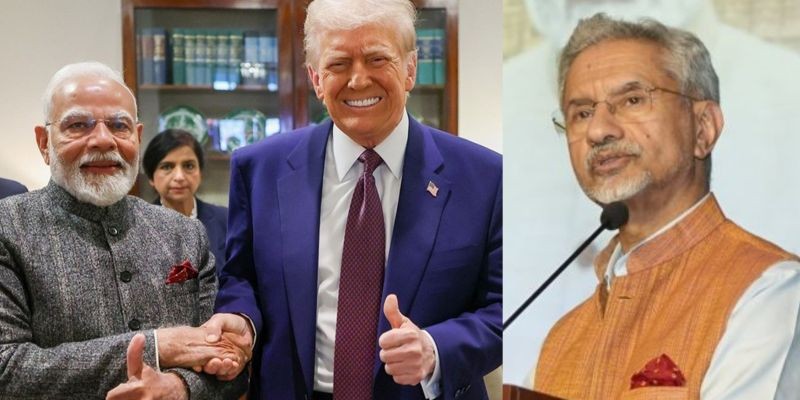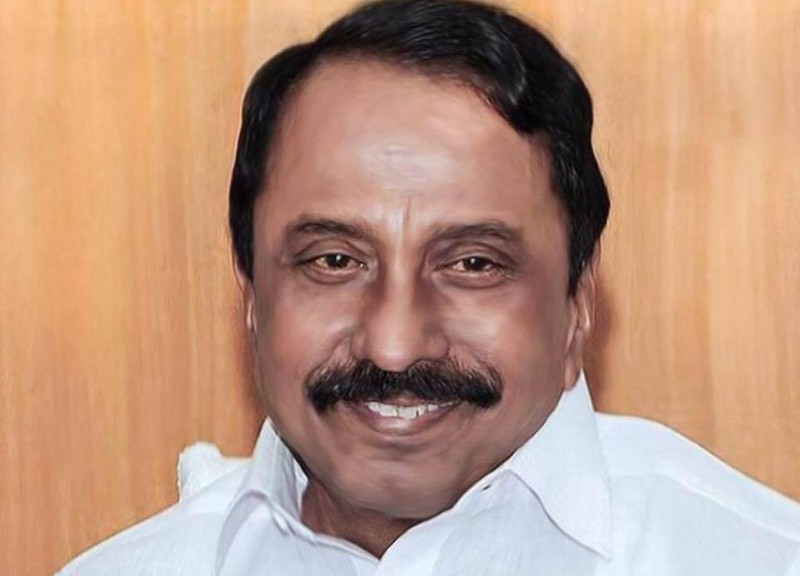The Mirage of Khalistan: A dying dream of extremists

The recent Khalistan Referendum has predictably fallen flat, failing to garner the traction its extremist proponents had hoped for.
Only a few hundred people showed up for this ‘grand event’ that was about honouring a Canadian terrorist who was responsible for blowing up an Air India aircraft, that resulted in the loss of 300+ Canadian lives.
Thus the result is not surprising. The Khalistan movement’s leaders have consistently revealed their true intentions—using the Sikh faith as a vehicle to advance personal agendas, such as gaining political clout in countries like the United States, Canada, and the United Kingdom. Their actions are transparent to everyone, including the global Sikh community, which largely disavows any association with the Khalistan cause.
In India and abroad, Sikhs have made it clear that the notion of Khalistan is neither practical nor desirable.
The so-called leaders of this movement have resorted to violence and extremism as tools to further their cause, alienating the very community they claim to represent.
The Khalistan movement’s reliance on extremism and violence has only served to underscore its lack of legitimacy and support.
Furthermore, political figures like Canadian Prime Minister Justin Trudeau, who have provided space and tacit encouragement to such extremist groups, bear a share of the responsibility for emboldening these elements.
Trudeau’s actions have not only strained diplomatic relations but also provided a false sense of validation to a movement that thrives on discord and division.
The failure of the Khalistan Referendum to gain significant media coverage, especially in cities like Calgary, is a testament to its dwindling influence.
The only propaganda pushing this failed cause has been limited to social media platforms managed by pro-Khalistani elements and the Dashmesh Culture Society of Calgary.
This lack of mainstream media attention has clearly frustrated the proponents of the referendum.
In a desperate attempt to garner coverage, Shminder Singh, the media head of the Dashmesh Culture Society, sent letters to media agencies in Calgary and urged supporters through WhatsApp to pressure these agencies into giving the referendum attention.
This attempt to manufacture support and pressure the media underscores the movement’s inherent weakness. It is not a reflection of widespread support but rather a desperate bid for relevance. The Khalistan Referendum’s lack of success is a clear indicator that the global Sikh community and the broader public do not support the divisive and violent tactics employed by its proponents.
The failure of the Khalistan movement is a reaffirmation of the Sikh community’s commitment to peace, unity, and progress within the countries they reside. Sikhs around the world have integrated successfully into their societies, contributing significantly to their adopted homelands while maintaining their rich cultural heritage. They do not need a separate state to assert their identity or achieve their aspirations.
The message from the global Sikh community is unequivocal: Khalistan is a relic of the past, a misguided endeavor that has no place in the present or future. It is time for the proponents of this failed cause to acknowledge reality and cease their efforts to sow division. The world is moving towards greater unity and understanding, and there is no room for movements that thrive on hatred and discord.
The Khalistan Referendum’s failure is a victory for peace and a testament to the Sikh community’s resilience and wisdom. The global Sikh community has spoken—they want no part of Khalistan, and it is time for the handful few to listen.
(Text and Image courtesy: Khalsavox.com)




